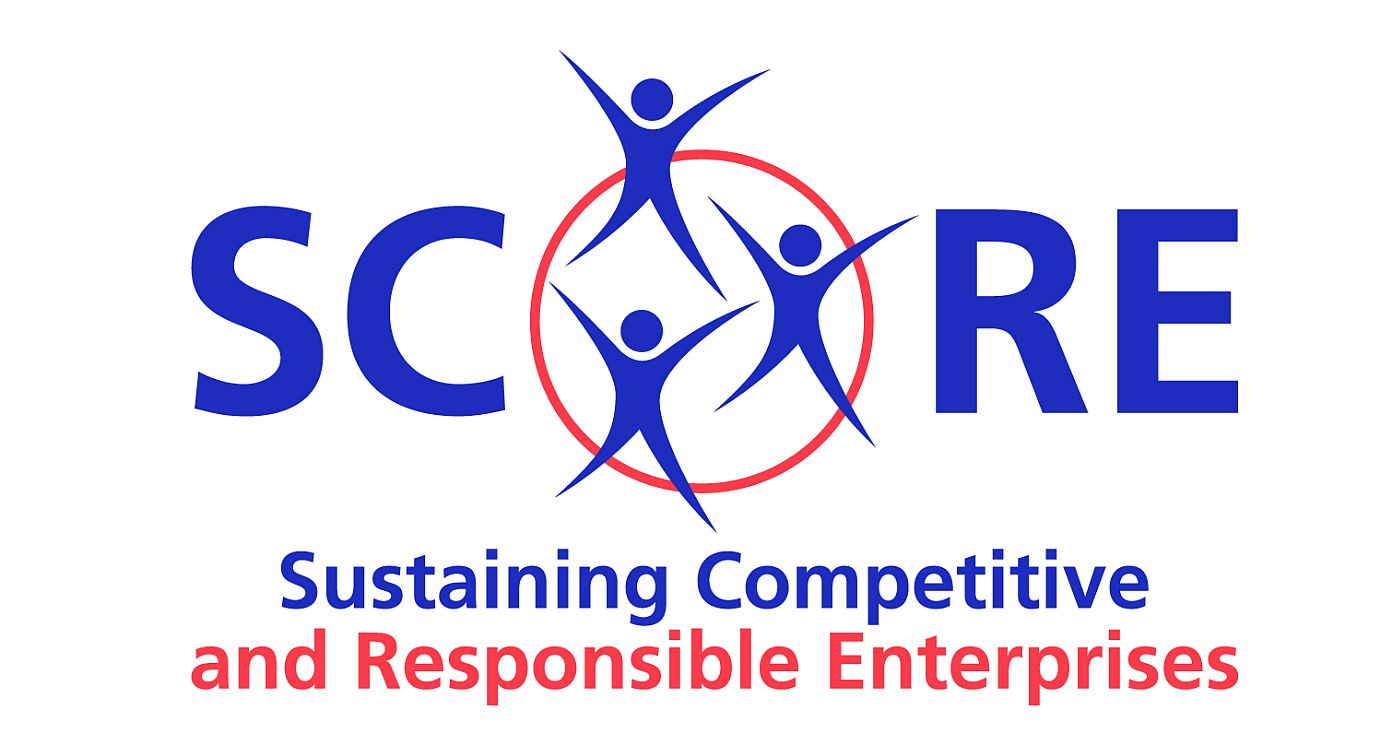SCORE4CLIMATE
SCORE4Climate is a training module from the ILO Sustaining Competitive
and Responsible Enterprises (SCORE) programme that improves productivity and working conditions in small and medium enterprises (SMEs) through practical classroom training and in-factory consulting.
SCORE Workplace cooperation
This first module Workplace Cooperation – A Foundation for Business Success, is the foundation of the SCORE programme. It aims to improve productivity in SMEs through better workplace cooperation and establishes its underpinning principles, including social dialogue, collective bargaining and freedom of association.
Importantly, this approach is aligned to the current demands for socially responsible workplace practices.
Importantly, this approach is aligned to the current demands for socially responsible workplace practices.

 ILO’s Sustaining Competitive and Responsible Enterprises (SCORE)
Programme improves productivity and working conditions in small and
medium enterprises (SMEs). The key intervention of the programme is
SCORE Training, which combines practical classroom training with
in-factory consulting. The Training demonstrates best international
practice in the manufacturing and service sectors and helps SMEs to
participate in global supply chains.
ILO’s Sustaining Competitive and Responsible Enterprises (SCORE)
Programme improves productivity and working conditions in small and
medium enterprises (SMEs). The key intervention of the programme is
SCORE Training, which combines practical classroom training with
in-factory consulting. The Training demonstrates best international
practice in the manufacturing and service sectors and helps SMEs to
participate in global supply chains.